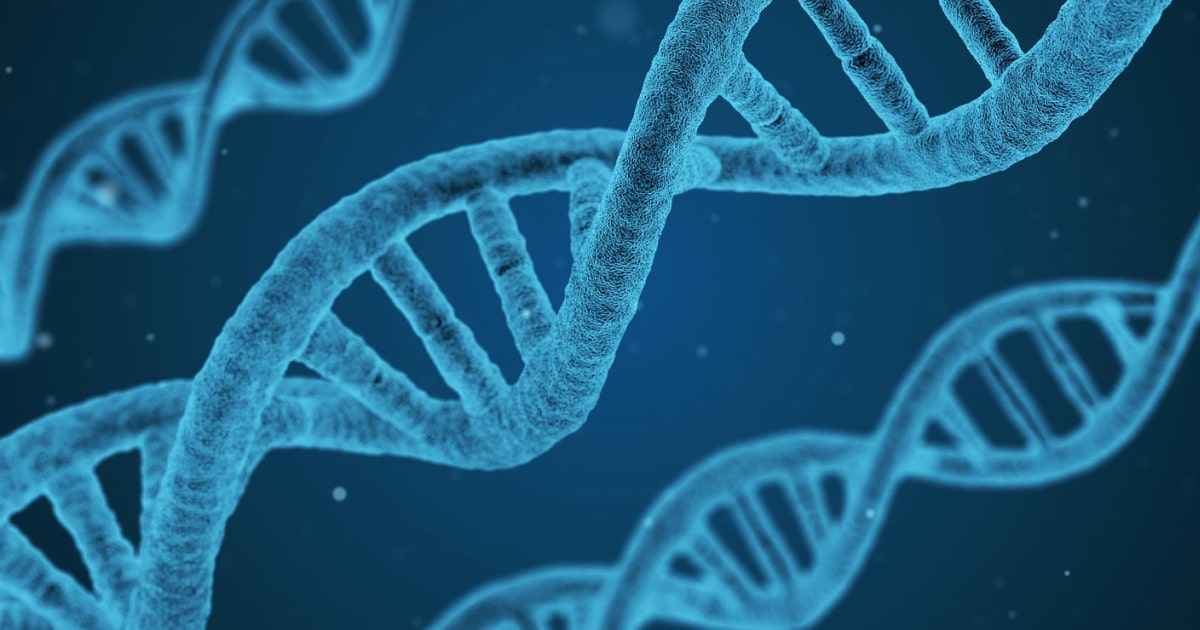
Expert Reviewed By: Dr. Brandon Colby MD
```htmlXanthinuria is a rare genetic disorder that affects the body's ability to properly metabolize purines, which are substances found in many foods and drinks. This condition leads to the accumulation of xanthine, a byproduct of purine metabolism, in the urine. Though often asymptomatic, Xanthinuria can sometimes lead to the formation of kidney stones and other complications. Understanding this disease, its diagnosis, and the role of genetic testing can be crucial for effective management and treatment.
What is Xanthinuria?
Xanthinuria is categorized into two types: Type I and Type II. Both types are caused by deficiencies in enzymes involved in purine metabolism. In Type I Xanthinuria, the deficiency is in the enzyme xanthine dehydrogenase, whereas Type II involves a deficiency in both xanthine dehydrogenase and aldehyde oxidase. These enzyme deficiencies result in the accumulation of xanthine, which can crystallize and form kidney stones.
Diagnosing Xanthinuria
Diagnosing Xanthinuria can be challenging due to its rarity and often asymptomatic nature. However, when symptoms like kidney stones do occur, several diagnostic procedures can aid in identifying the condition:
Urine Analysis
One of the primary diagnostic tools is urine analysis. Elevated levels of xanthine in the urine can be a telltale sign of Xanthinuria. Laboratory tests can measure the concentration of xanthine and other purine metabolites.
Blood Tests
Blood tests can also be helpful in diagnosing Xanthinuria. These tests can measure the levels of uric acid and xanthine in the bloodstream. Low levels of uric acid coupled with high levels of xanthine may indicate Xanthinuria.
Imaging Studies
Imaging studies such as ultrasound, CT scans, or X-rays can be used to detect kidney stones that may have formed due to xanthine crystallization. These imaging techniques can help in assessing the severity and extent of the condition.
The Role of Genetic Testing in Xanthinuria
Genetic testing plays a pivotal role in the diagnosis and management of Xanthinuria. Since the condition is inherited, identifying the genetic mutations responsible for the enzyme deficiencies can provide valuable insights.
Confirming Diagnosis
Genetic testing can confirm the diagnosis of Xanthinuria by identifying mutations in the genes responsible for xanthine dehydrogenase and aldehyde oxidase. This confirmation can be particularly important for asymptomatic individuals who may not exhibit obvious signs of the disease.
Family Planning
For individuals with a family history of Xanthinuria, genetic testing can be instrumental in family planning. Knowing one's carrier status can help prospective parents understand the risks of passing the condition to their children and make informed decisions.
Personalized Treatment Plans
Understanding the specific genetic mutations involved can help healthcare providers develop personalized treatment plans. For example, dietary modifications to reduce purine intake can be tailored based on the severity of the enzyme deficiencies.
Research and New Therapies
Genetic testing also contributes to ongoing research efforts aimed at understanding Xanthinuria better. Identifying the genetic basis of the disease can pave the way for the development of new therapies and interventions that target the underlying causes rather than just managing symptoms.
Conclusion
Xanthinuria, though rare, is a significant condition that can impact kidney function and overall health. Early diagnosis through urine analysis, blood tests, and imaging studies is crucial for effective management. Genetic testing plays a vital role in confirming the diagnosis, aiding in family planning, developing personalized treatment plans, and contributing to research for new therapies. Understanding and utilizing these diagnostic tools can help individuals with Xanthinuria lead healthier lives.
For more information, please refer to the following resources:
- /404: This page could not be found
- /next/static/css/00e72fc9a29f5db2.css
- /next/static/chunks/polyfills-c67a75d1b6f99dc8.js
- /next/static/chunks/webpack-5e4cfed343674306.js
- /next/static/chunks/framework-2c79e2a64abdb08b.js
- /next/static/chunks/main-86fd72e20793e780.js
- /next/static/chunks/pages/_app-d4ffa36d28e00ae7.js
- /next/static/chunks/pages/_error-fb57ec51cee19545.js
- /next/static/oTdG34nifqvfozudQ1efF/_buildManifest.js
- /next/static/oTdG34nifqvfozudQ1efF/_ssgManifest.js
About The Expert Reviewer
Dr. Brandon Colby MD is a US physician specializing in the personalized prevention of disease through the use of genomic technologies. He’s an expert in genetic testing, genetic analysis, and precision medicine. Dr. Colby is also the Founder of and the author of Outsmart Your Genes.
Dr. Colby holds an MD from the Mount Sinai School of Medicine, an MBA from Stanford University’s Graduate School of Business, and a degree in Genetics with Honors from the University of Michigan. He is an Affiliate Specialist of the American College of Medical Genetics and Genomics (ACMG), an Associate of the American College of Preventive Medicine (ACPM), and a member of the National Society of Genetic Counselors (NSGC)